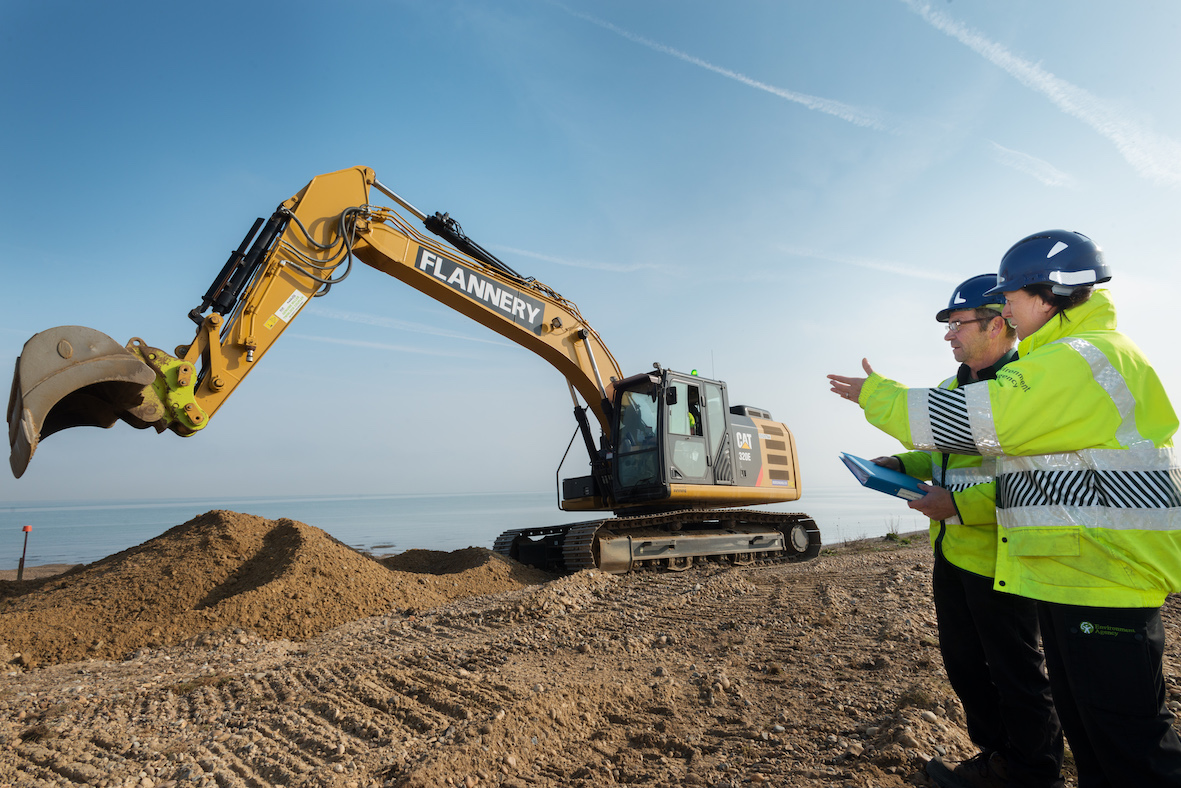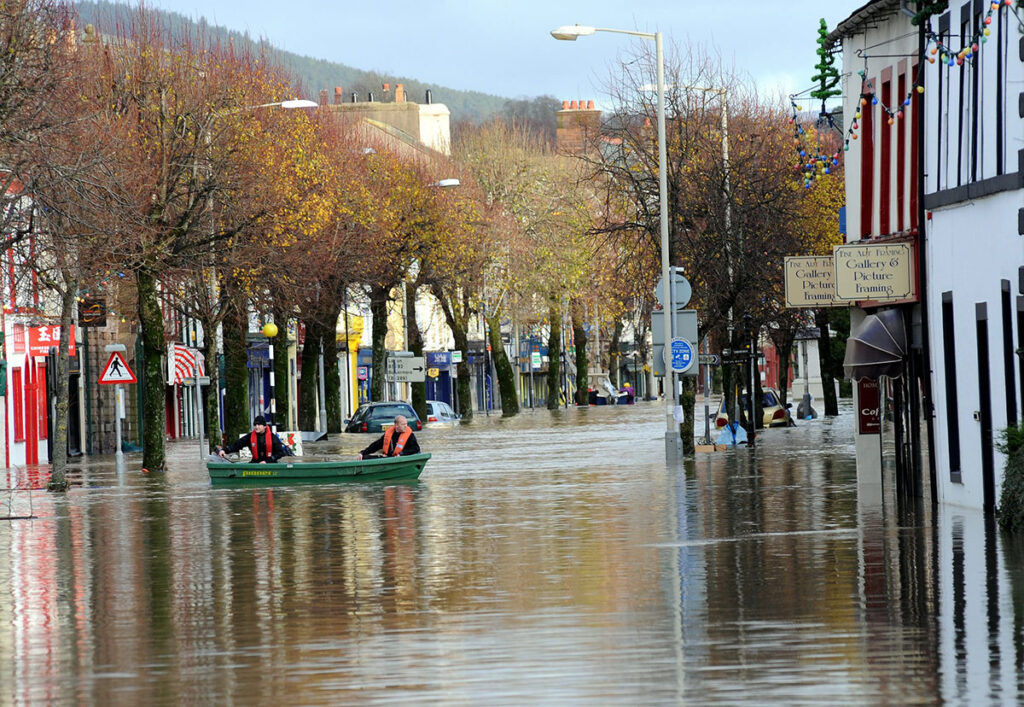
Flood and coastal Erosion

We protect people, natural spaces, wildlife and our shared future. Safeguarding what matters most from the devastating impact of floods. You can be part of an ambitious and innovative £5.2billion capital investment programme to reduce flood risk using both built and natural flood defences.
We do this by:

Building and maintaining river and sea defences

Helping people understand their flood risk and what they can do to protect themselves and their property from flooding

Advising local councils on whether proposals for new buildings will increase the risk of flooding and warning when flooding is expected from rivers or the sea

Working with the emergency services during a flood

Using science and research to identify areas at risk from flooding and plan the best ways of reducing flooding in the future
Area Incident Team
Our Area Incident teams are based in our 14 local areas. The team ensure our incident response is resilient and we maintain our professional standing as a Category 1 responder. We work with Government, local authorities, businesses and local communities to make the environment a better place. One of our biggest challenges is to plan and prepare our response to climate change. The predicted impacts include more flooding and higher temperatures which will increase the risk to people and the environment.
The team deliver the tactical first response during office hours to the full range of incidents within the Environment Agency remit and a rotating standby team are on call 24/7 to ensure we can respond to flooding or environmental incidents quickly.
Area Programme
Each of our 14 areas has its own Programming team which manages work across England. They advise on how to achieve the best outcomes in terms of value for money and efficiency. Their insights support our frontline teams that work on flood and coastal erosion risk management assets. This is how we balance the impact of climate change with supporting economic growth, the wellbeing of our communities and the environment.

Asset Performance
The whole lifecycle of our flood and coastal erosion risk management assets is managed here, from flood defence banks and walls to pumping stations and sluices. This means maintaining some 78,000 flood assets across England. Our teams across the country are responsible for ensuring our assets are constructed, inspected, surveyed, assessed, maintained and operated in a safe, effective and efficient manner. They reduce flood risk to people and property, play a critical role in delivering capital projects and act as the ‘intelligent’ client within project teams. This is how we ensure projects deliver effective flood risk solutions for the local area.
Field Operations
Our field teams protect people and the environment by maintaining and operating our flood and coastal risk management assets and responding to incidents.
Field teams have a range of technical skills they use to deliver watercourse maintenance, along with asset maintenance and construction projects. The team handle a variety of specialist equipment including plant and boats.
They support the prevention or mitigation of incidents day and night.
Flood Resilience Team
The team maintains and updates the Flood Warning Service, ensuring Flood Warning performance meets agreed national standards, identifying and delivering improvements to the existing service, and coordinating flood reconnaissance information gathering following flood events.
Together with Partnership and Strategic Overview and Asset Performance, they coordinate FCRM strategic engagement planning, prioritising engagement on a risk based approach, identifying engagement opportunities and needs. The team also manage, maintain and develop the relationships we have with new and existing communities, providing support to be more flood resilient. Working with partners including Local Resilience Forum and Lead Local Flood Authorities to support training of flood wardens.

MEICA
The Mechanical, Electrical, Instrumentation, Control and Automation
This team is home to our specialised group of mechanical and electrical engineers. They look after water resources, flood risk and navigation, as well as managing our asset stock. This requires high-quality technical and managerial instruction to maintain standards and quality across technical, safety, legal, environmental and operational requirements nationwide.
PSO
Partnership and Strategic Overview
The PSO teams work with flood risk management authorities across the UK, including Lead Local Flood Authorities. They help us plan for the future. This is where data is analysed to make the most of our future investment plans. It’s where we work with communities and professional partners and develop future strategies. These include initiatives such as Flood Risk Management Plans, Catchment Flood Management Plans and Shoreline Management Plans.
As the ‘intelligent client’ in our project teams, they support projects delivering effective flood risk solutions for the local area.
Projects and Programme Management
Working alongside contract, commercial and assurance experts, our Project and Programme Managers transform the way we manage our assets and deliver projects. They keep us on track to achieve our outcomes. Their innovations help to modernise our approaches, systems and technologies and helping turn great ideas into reality.
These technical teams advise on a range of environmental risks. Our Inland and Strategic development and Coastal teams are looking for hydrological experts, fluvial and coastal modelling and forecasting practitioners. Both work closely with a range of partners, providing leadership and technical expertise.
Evidence & Risk
Evidence and Risk are part of the Incident Management and Resilience Team. They are a national team specialising in fluvial and coastal flood modelling and forecasting, hydrological assessments, flood modelling and hydrology improvements, mapping and analytics, data improvements, and skills development.
Evidence and Risk are responsible for setting standards, contributing to research and development, and are actively influencing future change, shaping the way we manage and respond to the climate emergency.
